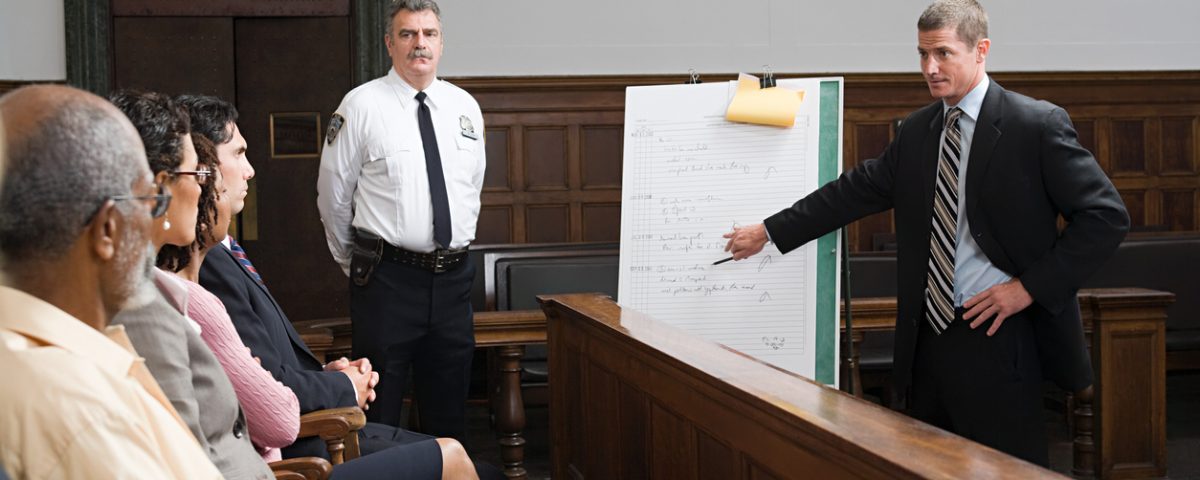How Police Officers Can Work with District Attorney’s Office

How Public Officials Can Communicate in a Crisis
July 11, 2022
Should Teachers Take Firearms Training?
July 25, 2022How Police Officers Can Work with District Attorney’s Office
Police officers and district attorneys have to work together to get to the results they need to accomplish justice. The phrase “law enforcement” is commonly used to describe a range of professionals, as if dozens of different departments were somehow a single monolith. However, anybody who works in law enforcement knows this isn’t the case. On the contrary, communication issues, diverging opinions, and many other divisions emerge between different units. It is especially true for entities such as a police department and a district attorney’s office. Although they may work alongside each other, police officers and district attorneys do not collaborate a lot. The following four tips can address this problem and boost communication.
Streamline Channels of Communication
One of the most significant challenges facing police departments and district attorney’s offices is the lack of available direct communication channels. Given the sensitive nature of communications between these two entities, leaders must follow industry-standard security protocol. It means that emails should be privileged and encrypted. Security should not be a barrier, though, to communication between departments. Local leaders must establish communication channels so that police departments and district attorney’s offices can easily communicate.
Ensure Everybody Has a Common Goal
Perhaps an essential tenet of interdepartmental relations is the establishment of a common goal. It’s not uncommon for two entities to part ways due to disparate interests, but they must overcome differences in views to facilitate collaboration. If this proves challenging, leadership within a police department should meet with leadership in the district attorney’s office. Then, they should identify common objectives. Then, they can ensure that detectives solve cases efficiently and allot resources effectively.
Develop Policies That Serve Both Departments
Yet another barrier that commonly faces collaboration is the difference in policies that typically emerge between police departments and district attorney’s offices. Suppose a police department has the policy to conduct an arrest under specific circumstances, for example. In that case, the district attorney’s office must have a policy to try a case under those circumstances. There is a disparity in these policies. Additionally, it wastes time and resources. Departments must work together to develop policies that serve a common goal.
Foster Collaboration in Relationships
Finally, collaboration must be fostered and rewarded at every opportunity. Rather than working as two separate entities, police departments and district attorney’s offices should work in tandem, pursuing the same goals and sharing information. When cops and attorneys accomplish this, they can handle their cases more effectively. Additionally, the public benefits, too. Subsequently, they can implement collaboration in plenty of ways. Both departments can improve their operations and achieve cooperation by simply opening interdepartmental communication channels. Police Professional Liability can protect officers from issues that may arise from the job. How they work with the district attorneys office can determine whether the system can work efficiently.
About PGUI
Professional Governmental Underwriters, LLC., is a full-service risk management company dedicated to assisting public, educational and non-profit entities in the management of their professional liability exposures including educators liability insurance. We are dedicated to providing state-of-the-art professional underwriting management and loss control advisory services on behalf of our designated carriers. For more information, call us toll-free at (800) 586-6502.


